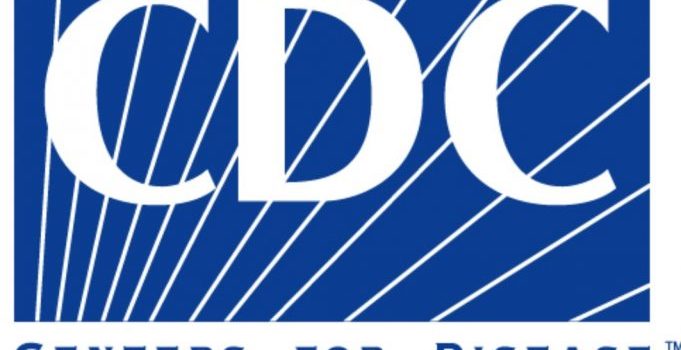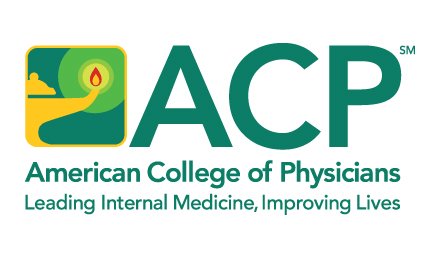The American College of Physicians (ACP) says cost sharing—deductibles, in particular—may be leading patients to delay even medically necessary services, leaving the door open for urgent care to make its case to cash-paying customers seeking a middle ground. In “Addressing the Increasing Burden of Health Insurance Cost Sharing,” ACP makes five recommendations for making cost sharing more “equitable” in the private market, mainly by reducing overall health care spending, designing insurance plans that allow access …
Read More



